Memes as Cultural Artifacts
Historians used to chase truth in manuscripts, philosophers searched for it in books, and journalists — in facts (at least once upon a time). These days? I find truth in memes. Not just the dumb cat ones (although, let’s not disrespect the classics), but the ones that hit with such accuracy, they make political commentary seem like stand-up comedy in a straightjacket. A good meme compresses pain, irony, absurdity, and solidarity into one chaotic image. It’s not “just humor” — it’s survival instinct turned visual. And unlike the nightly news, memes don’t pretend they’re unbiased. They’re biased, brilliant, and brutally honest.
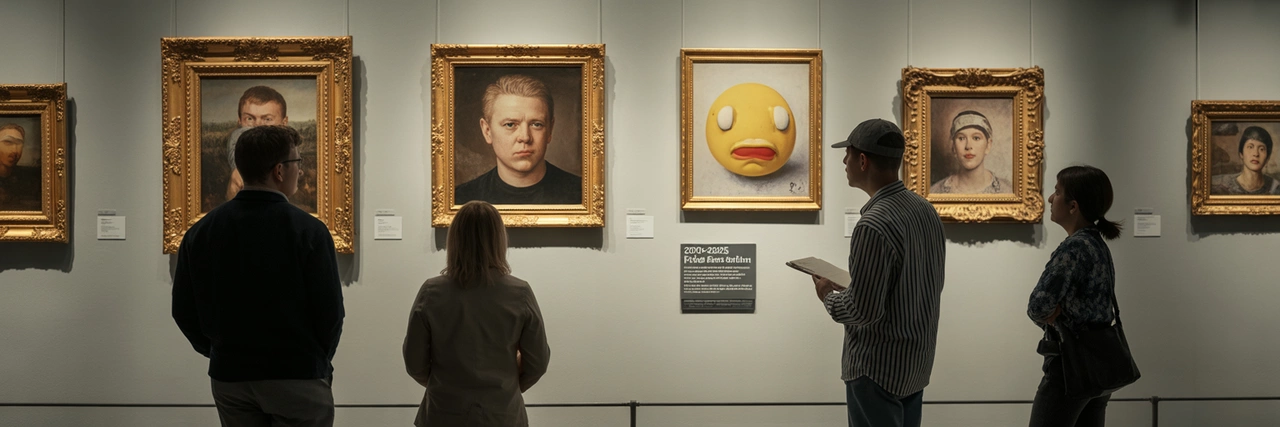
Remember during the early COVID days when everyone shared that meme: “I go outside once a week and still look like a post-apocalyptic NPC”? That wasn’t just a joke — it was a time capsule. Memes froze our panic, our resignation, our collective “what the hell is going on” energy. They recorded the emotional timeline better than any article. Nobody’s going to re-read thinkpieces about government missteps — but we’ll remember the meme with the dog in a burning house saying “this is fine” because that was us. Laughing through the breakdown like professionals.
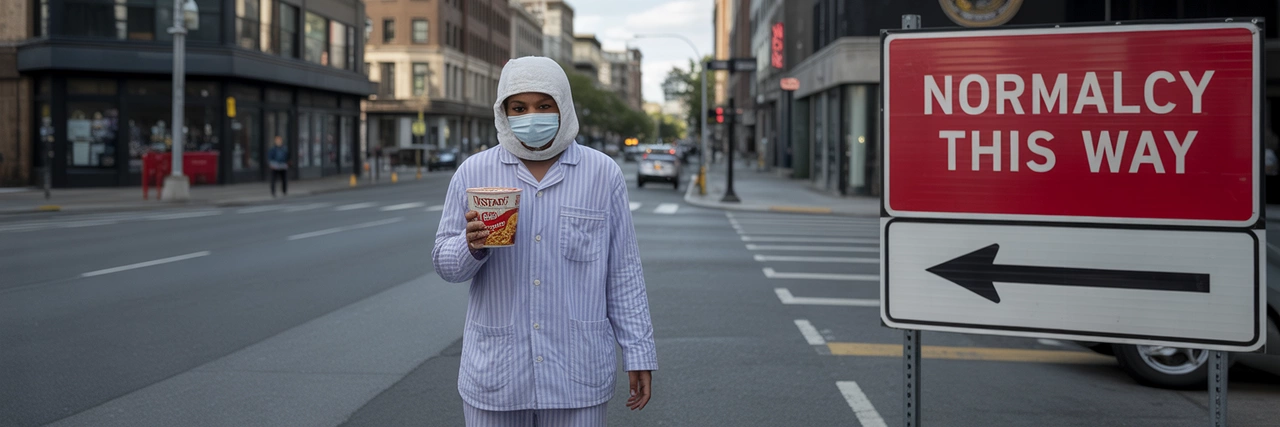
Some people say memes are lowbrow. The same people once said comic books were trash and that the internet was a fad. Spoiler: they were wrong then too. Memes are modern folklore. They evolve, migrate, carry symbols and archetypes. There’s the tired guy with a coffee mug — our burnt-out Hercules. There’s the distracted boyfriend — a tale of eternal temptation and disappointment. They’re digital mythology with punchlines. They’re not made to last forever, but they survive long enough to become universal. That’s more than I can say for most thinkpieces.
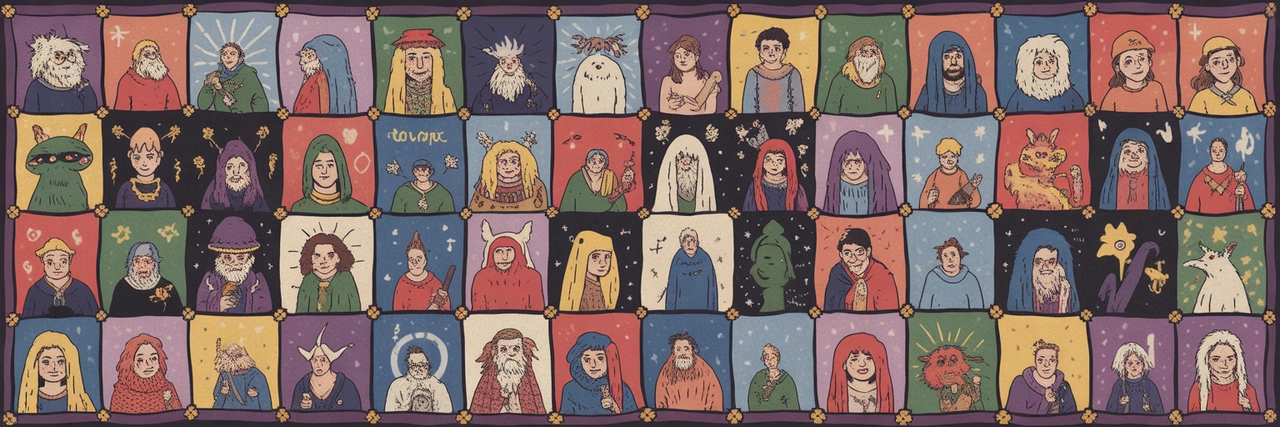
For me, memes are also how I check in on people without sounding like a Hallmark card. I don’t call friends and ask “how are you?” — I just send them a meme of a sad raccoon saying “I’m fine, just emotionally obliterated.” That’s love in my language. It’s empathy dressed in sarcasm. We joke because it’s safer than screaming. The irony isn’t because we don’t care — it’s because we care too much and don’t have a better language for it. Humor is a pressure valve. It keeps the soul from curdling.
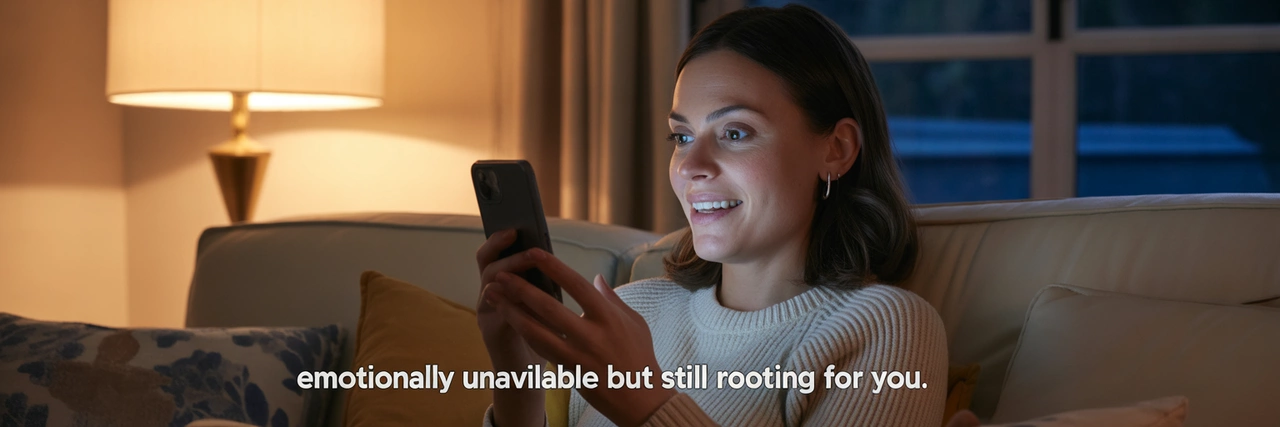
Look, memes won’t save the world. But they’re definitely documenting it — more accurately, in many cases, than official narratives. They give voice to the overworked, the underpaid, the terminally online and quietly devastated. They say what a lot of us are thinking, but funnier. As long as people are still making memes about burnout, bureaucracy, or feeling like a background character in their own lives — I believe in culture. It’s not dead. It’s just exhausted, caffeinated, and communicating via pixelated deadpan.
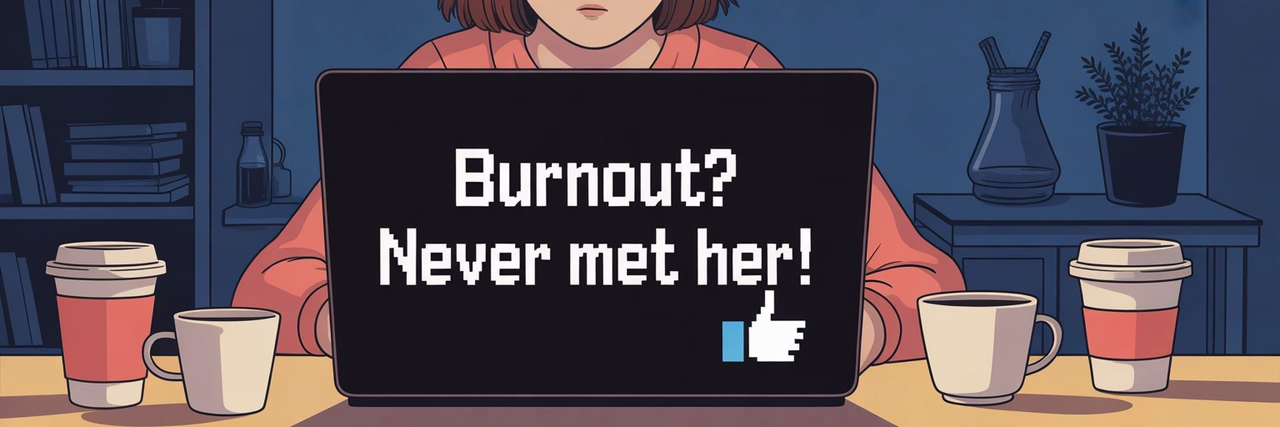
Close